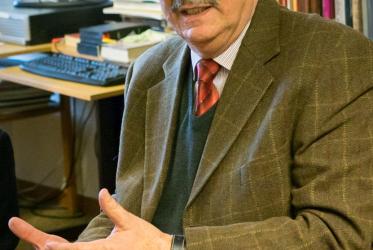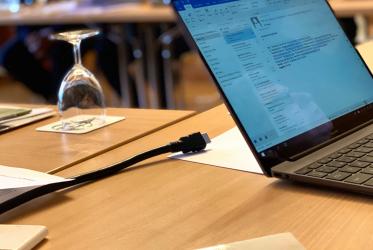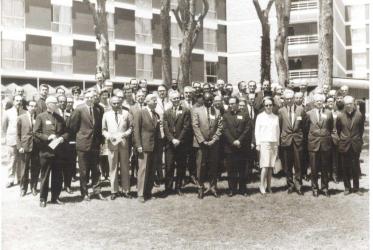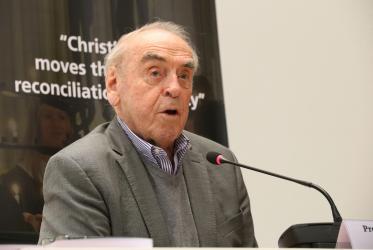Displaying 161 - 180 of 331
1920 (1): Une belle lettre de l’Église de Constantinople
02 April 2020
WCC Permanent Committee on Consensus and Collaboration convenes
20 February 2020
Geneva churches celebrate Week of Prayer for Christian Unity
23 January 2020
World’s largest prayer gathering to celebrate gift of unity
09 January 2020
Moltmann reflects on spirit of truth in a post-truth era
02 December 2019














